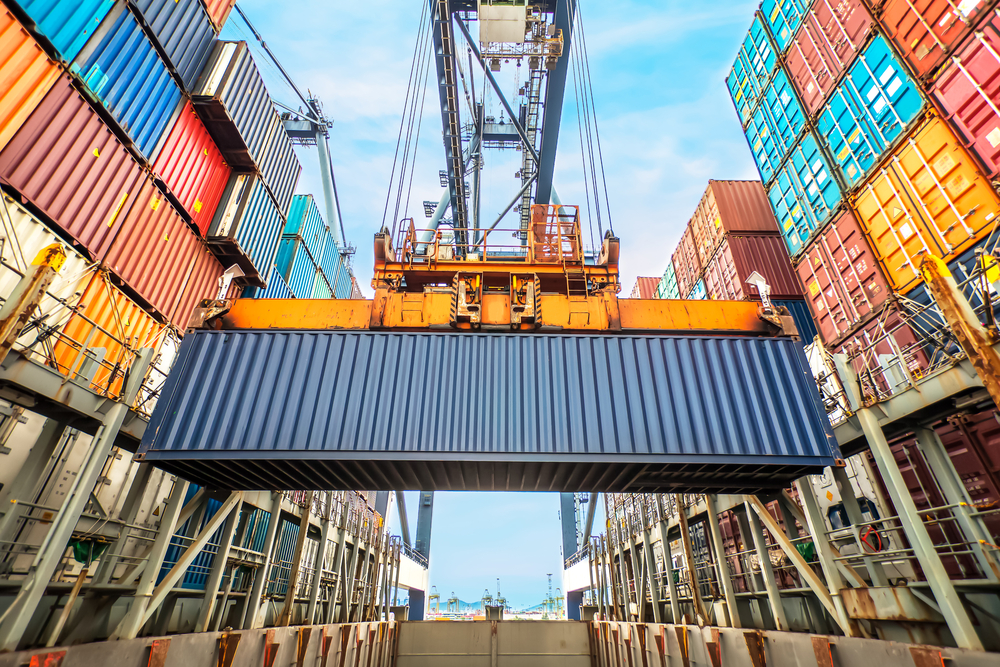
The Secure E-waste Export and Recycling Act has been introduced at least six times since 2015, as well as included in other bills, but has not yet passed. | MOLPIX/Shutterstock
A federal bill that would restrict U.S. exports of e-scrap has re-emerged, this time as HB 2998.
The Secure E-waste Export and Recycling Act has been introduced in various forms a half-dozen times since 2015 and failed to move past introduction each time. Similar bills but with different names were introduced as early as 2010.
Most recently its text was included as part of the The America Creating Opportunities for Manufacturing, Pre-Eminence in Technology, and Economic Strength Act of 2022. While the larger bill passed, the SEERA language was removed prior to passage.
HB 2998 was introduced on April 24 and referred to the House Committee on Foreign Affairs.
The aim of SEERA is to “control the export of electronic waste in order to ensure that such waste does not become the source of counterfeit goods that may reenter military and civilian electronics supply chains in the United States,” according to the bill text. The bill covers computers and related equipment, data center equipment, mobile computers, televisions, video display devices, digital imaging devices and consumer electronics.
It exempts tested, working used electronics, “low-risk counterfeit electronics” and recalled electronics. Low-risk counterfeit electronics are those that have “been subjected to destruction processes that render the items unusable for their original purpose” or are exported as a feedstock with no additional separation required for recycling.
In many ways, the bill language mirrors that of the Basel Convention, an international treaty regulating the trade of various types of end-of-life materials. The U.S. has never ratified the convention, one of only a handful of countries worldwide not to do so, which imposes extra export and import restrictions on the U.S. from party countries. Recent updates to Basel have caused some market concern and turmoil even among party countries.
The Coalition for American Electronics Recycling has long supported SEERA and its iterations, while the Recycled Materials Association has opposed SEERA legislation in the past.
CAER is again actively working with Congress on this bill, the organization noted in an email, and is hopeful that the recent federal focus on domestic recovery of critical materials will give it a boost this year.